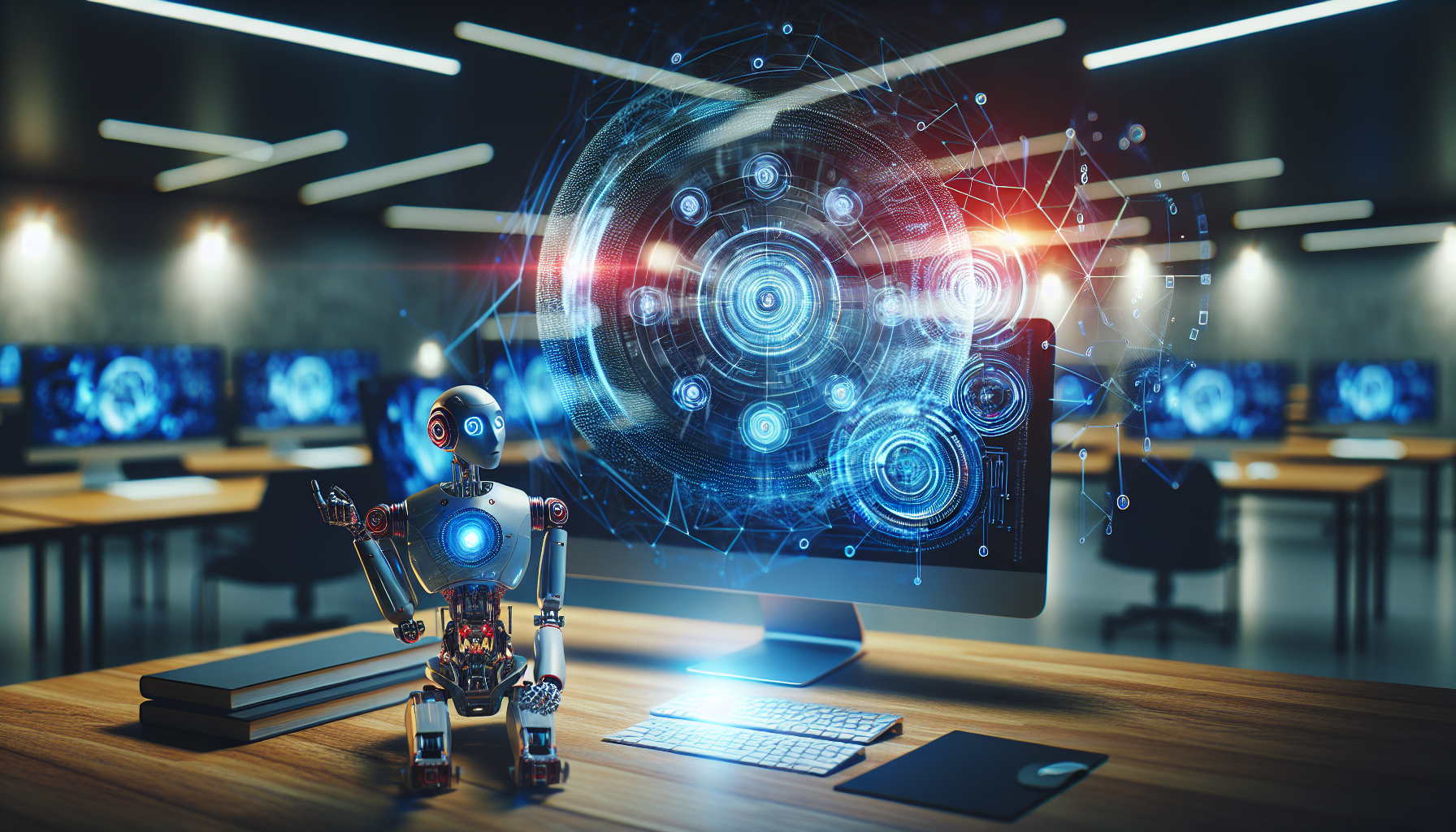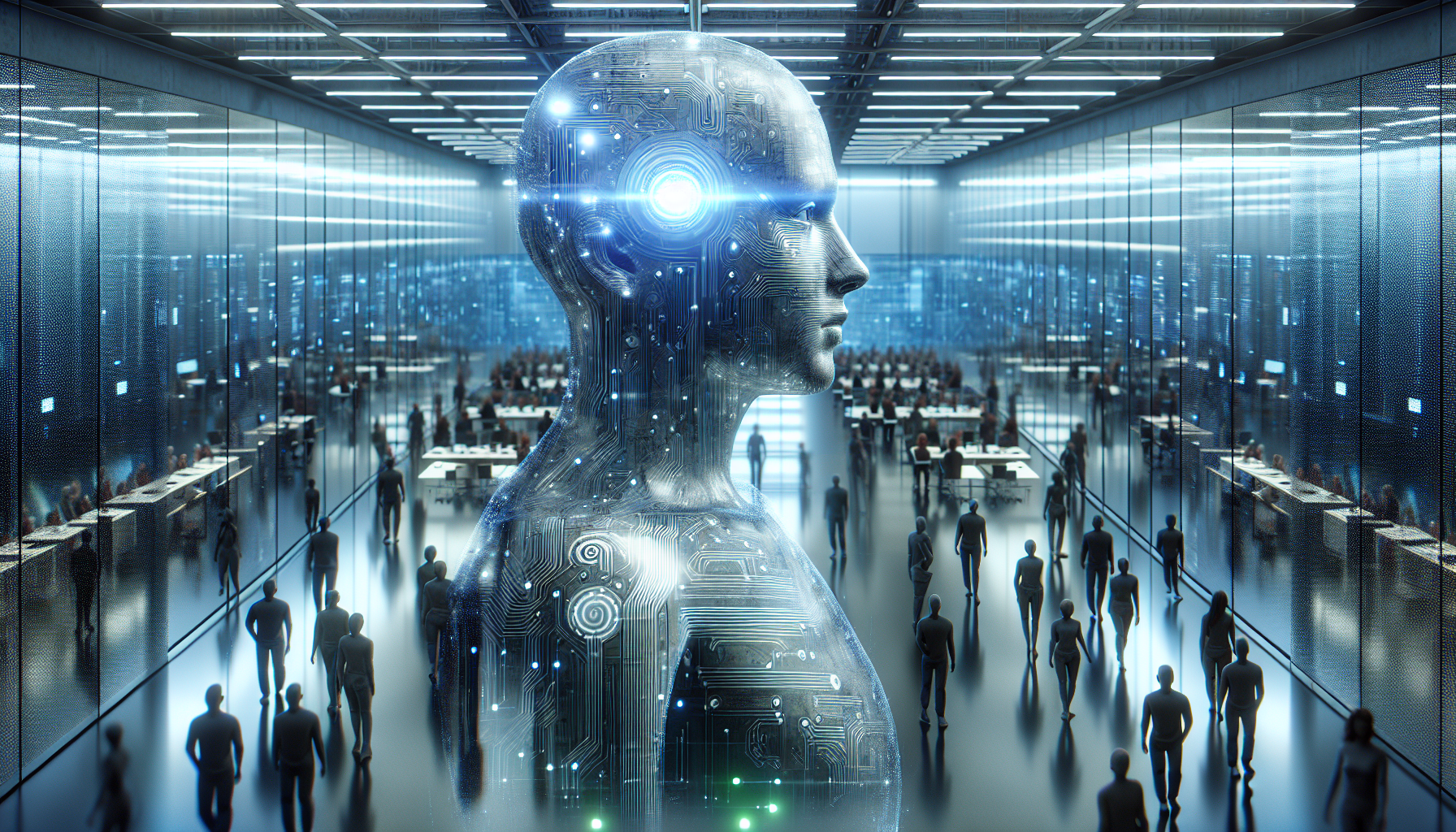
AI in Retail: A Historical Perspective on Transforming Customer Experience
August 1, 2025
The advent of artificial intelligence in retail represents a seismic shift in how businesses interact with consumers. This transformation is not merely a product of recent technological advancements; it is deeply rooted in a history of innovation that stretches back to the early days of commerce. Understanding the historical context of AI in retail is essential to grasp the profound changes it continues to bring to the customer experience.
Initially, retail was a straightforward transaction-focused industry, where customer interactions were limited to face-to-face exchanges in physical stores. The introduction of the cash register marked one of the first technological innovations aimed at enhancing retail operations. However, as consumer expectations evolved, so did the need for more sophisticated solutions.
The journey towards AI-driven retail began with the introduction of basic automation tools. Retailers adopted barcodes and electronic point of sale systems to streamline inventory management and expedite checkout processes. This era laid the groundwork for more complex data analytics, allowing retailers to understand consumer behavior better and tailor their offerings accordingly.
The real transformation commenced when retailers began leveraging the power of machine learning algorithms. These algorithms enabled businesses to analyze vast amounts of data, uncovering patterns and insights that were previously unattainable. This ability to predict consumer trends revolutionized inventory management, ensuring that shelves were stocked with the most desired products.
As AI continued to evolve, its role in retail expanded beyond inventory management to encompass all aspects of the customer experience. Virtual assistants emerged as a novel way for retailers to engage with consumers, providing personalized recommendations and assistance. This innovation not only enhanced customer satisfaction but also fostered brand loyalty by creating a more interactive shopping experience.
One of the most significant milestones in the history of AI in retail was the development of chatbots. These AI-driven conversational agents transformed customer service by offering instant support and resolving inquiries in real-time. Unlike their human counterparts, chatbots are available around the clock, providing consistent and efficient service that meets the demands of modern consumers.
AI's impact on retail is also evident in the realm of personalization. By analyzing consumer data, AI systems can create highly personalized shopping experiences, offering product recommendations based on individual preferences and past purchase behavior. This level of personalization was unheard of in traditional retail models and represents a significant leap forward in meeting consumer expectations.
Visual search technology further illustrates AI's transformative impact on retail. By allowing consumers to search for products using images rather than text, this technology has redefined how customers interact with online retail platforms. It taps into the growing trend of visual-centric social media usage, aligning retail experiences with contemporary consumer habits.
Despite these advancements, the integration of AI in retail has not been without challenges. Concerns about data privacy and security have prompted discussions about the ethical implications of AI. Retailers must navigate these challenges carefully, balancing the benefits of AI with the need to protect consumer trust and data integrity.
Looking ahead, the role of AI in retail promises to become even more integral. Emerging technologies like augmented reality and virtual reality, powered by AI, are poised to further enhance the customer experience, blurring the lines between the physical and digital worlds. These innovations will enable consumers to visualize products in their own environments before making a purchase, reducing uncertainty and enhancing satisfaction.
The historical perspective of AI in retail is a testament to the industry's relentless pursuit of innovation. As we reflect on this journey, we are reminded of the transformative power of AI and its potential to redefine the future of retail. How will these advancements shape our shopping experiences in the years to come, and what new challenges and opportunities will arise as AI continues to evolve? The answers to these questions hold the key to understanding the future trajectory of AI in retail and its enduring impact on the customer experience.

